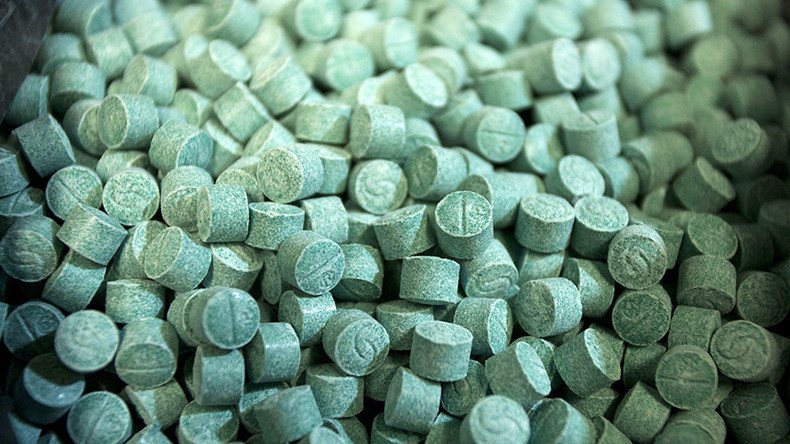MDMA could be used to treat PTSD in war veterans – study

A drug associated with whipping partygoers into a euphoric frenzy will be used in a $25 million clinical trial to treat war veterans with post-traumatic stress disorder (PTSD).
Researchers confirmed on Saturday that the Multidisciplinary Association for Psychedelic Studies (MAPS) have already won approval from the the US Federal Drug Agency to use MDMA, the key ingredient in the party drug ecstasy, to treat the disorder.
READ MORE: World’s biggest user of MDMA announced in Global Drug Survey 2017
Set up in 1986, MAPS is a non-profit group exploring the medical benefits of highs like marijuana and LSD.
According to the group, the green-light by the FDA comes after promising results in ‘Phase 2’ of the testing in which 61 percent of 107 patients “no longer qualified” for PTSD after three sessions of MDMA-influenced therapy.
It’s my pleasure to share the most important research update that has ever taken place in @MAPS’ 31-year history: https://t.co/VSupGYxqZshttps://t.co/S8ZbqarHtb
— Rick Doblin, MAPS (@RickDoblin) August 27, 2017
The group plans to enroll patients in the ‘Phase 3’ trial in 2018, provided it can raise the second half of the $25 million required funding.
The test will be placebo-controlled, with people suffering from after effects of traumatic events expected to take part. PTSD can manifest in many ways with victims sometimes experiencing flashbacks, depression and angry outbursts.
MAPS Executive Director Amy Emerson described the move as a significant step.
“Reaching agreement with FDA on the design of our Phase 3 program and having the ability to work closely with the agency has been a major priority for our team,” said Emerson.
“Our Phase 2 data was extremely promising with a large effect size, and we are ready to move forward quickly."
Last year, it was reported by the New York Times that should the treatment go past a third phase then it could be considered to be a legitimate treatment.












